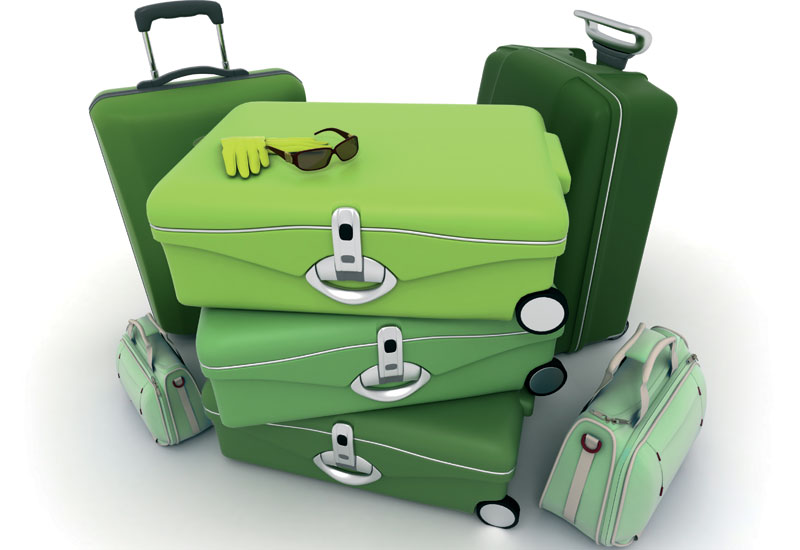UNWTO secretary general Taleb Rifai talks about his thoughts on climate change and why the UK government isn’t getting a Christmas card this year
ATN: What is your stance on climate change and the travel industry?
The travel and tourism industry is both a victim and a victor of climate change. The very lifeline of our industry is subject to certain climatic factors such as rising sea levels, desertification and less snowfall in mountains. These things are very devastating to established destinations and the livelihood of communities that depend on the arrival of tourists.
We therefore have a vested interest in being part of the adaptation and the mitigation efforts vis-à-vis climate change.
ATN: Is travel and tourism responsible for these climate problems?
We need to put this into context. The UN has acknowledged that the entire tourism sector contributes about 5% of the world’s carbon footprint. Aviation obviously occupies the majority of the 5%, but we are talking about 2-2.5% of the total carbon footprint — that’s 2.5% too many, but still we need to keep it in that perspective. It’s very important not to arrive at the point where we start punishing particular sectors and subsectors because they are easy targets. When people are asking for a ban on air travel, it’s really unfair and disproportionate — nobody is asking to scrap one out of every five cities to reduce carbon emissions.

Advertisement
ATN: Do you think the Middle East is less ‘green’ than other regions of the world?
I happen to be from the Middle East and I can speak with a little bit of an insight.
To start with, I’m not sure the region is so different from many other regions around the world. The lack of awareness (about climate change) was universal and growing economies tended to get caught up with the race towards development in the last two or three decades, which may have led to a loss of sight with regard to these issues.
Trends for the future in terms of investment are going to be affected by the transformation towards a green economy and the Middle East is not going to be able to escape that.Anyone who thinks it is a good idea to behave the same as in the good old days is wrong. We need to move towards smarter investments, become more energy efficient and be increasingly sympathetic with the environment.
ATN: What are UNWTO’s major challenges?
Our challenges are the challenges of the tourism industry and we are mandated to promote this industry.
The immediate economic challenge is affecting us tremendously. That is why we have developed in the last six months what we call the roadmap for recovery.
It’s a fantastic document and I have asked [assistant secretary general] Geoffrey Lipman to articulate this in his keynote speech at METMS in Dubai.
The second challenge is the environment. Our industry will be terribly affected by all measures regarding environmental preservation — we need to be at the forefront of fighting climate change and in the heart of all deals, policies and decisions that are being taken in that regard.
The third challenge is the social issue. We are still struggling to ensure the income travel and tourism generates is contributing to social wellbeing, poverty alleviation and the creation of more jobs. We need to make sure revenues are more fairly distributed, because we believe tourism is probably the largest voluntary transfer of capital and wealth between the haves and the have-nots of this world.
ATN: How important is the Copenhagen climate conference for the travel industry?
As an industry we met in Sweden, Switzerland and in New York with all of these meetings leading to Copenhagen. There will be a couple more meetings aimed at ensuring we do not allow a failure to happen at Copenhagen. We must ensure it is a turning point in our human history with regard to the climate.









 Search our database of more than 2,700 industry companies
Search our database of more than 2,700 industry companies









